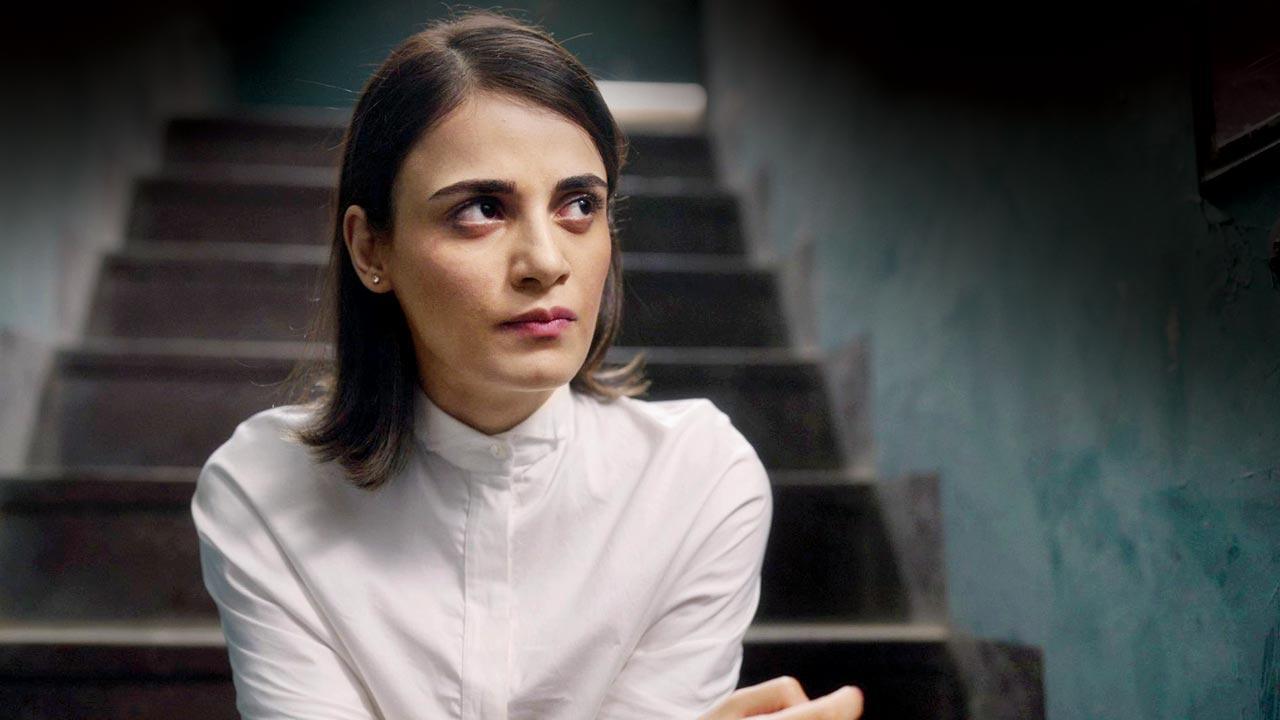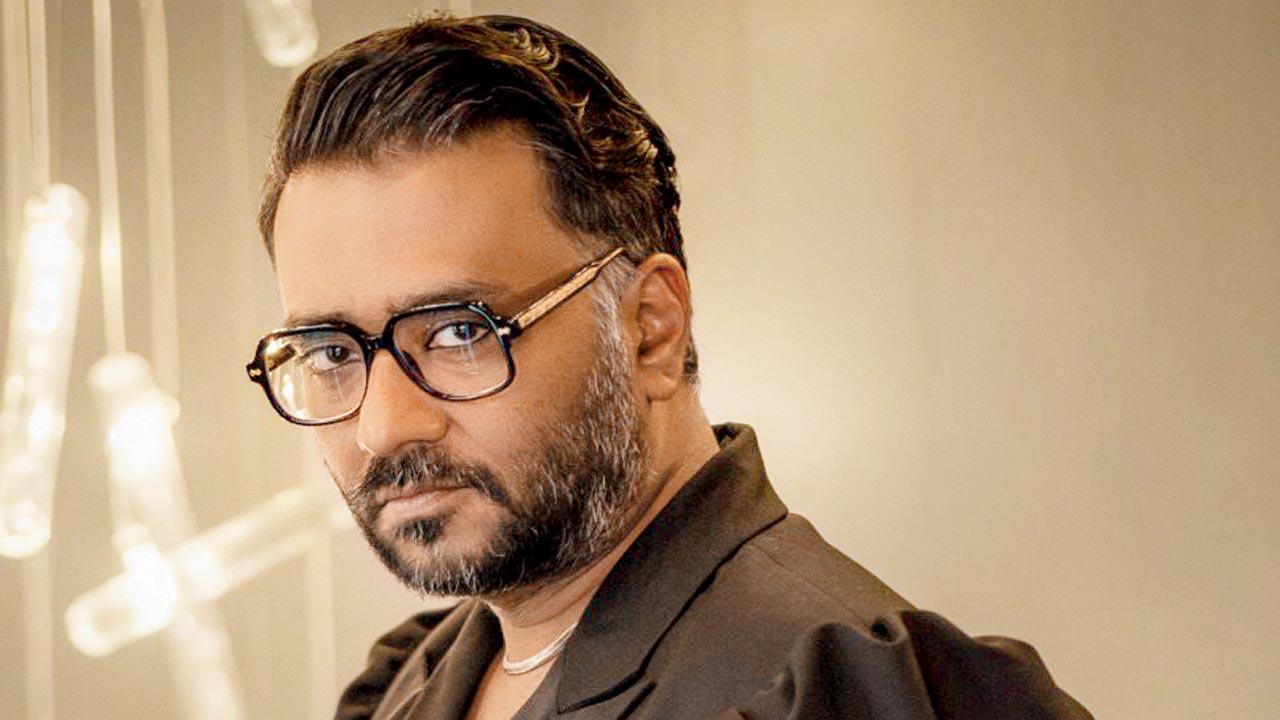Recounting how survivor stories told him about women’s traumatic experiences, director Saria says Radhika-led Sanaa came from his desire to fight gender inequality

Radhika Madan
Often, films are born from something personal. Sudhanshu Saria’s Sanaa too came from a personal desire—of living in a world that doesn’t discriminate against women. Coupling the thought with some of his own life experiences, the National Award-winning director began penning down the Radhika Madan-starrer five years ago. “The journey began with the desire for an equal world, where gender imbalance wasn’t so unfair. It began with the desire to talk about the epidemic of perfection and the pressure it puts on all of us, more on women,” recalls the director.
Around the same time, in 2018, the MeToo movement broke out in India, where countless women opened up about accounts of sexual harassment. These incidents further told the director of the rampant gender inequality and abuse in the country and around the world. “The MeToo movement was another trigger. The film came from there. Reading all the survivor stories made it clearer to me that men and women occupy the same spaces, but have completely different experiences,” recalls Saria, who then conceptualised a drama centred on an independent woman in Mumbai fighting her past traumas.

After he wrote Sanaa’s script, the hunt for his lead began. Today, Madan may have breathed life into Sanaa and won acclaim across film festivals, but the filmmaker reveals that he initially hadn’t imagined her in the role. “Radhika wasn’t my first choice for the film. I wanted someone else and tried [approaching] other people. But now, I can’t imagine anyone else in this part. Her desire to be vulnerable and give it her all made it a match made in heaven.”
The episode confirmed what he has noticed in his journey. Despite having taken a leap from indie films to mainstream projects, including the Janhvi Kapoor-led Ulajh, he finds it tough to convince mainstream actors to front his movies. “I’m still searching for people for [the projects] I’m doing, but they won’t give me the time of day. That’s okay. They [in turn] approach people who aren’t giving them the time of day. The cycle continues,” smiles Saria, who has turned producer with the film.
 Subscribe today by clicking the link and stay updated with the latest news!" Click here!
Subscribe today by clicking the link and stay updated with the latest news!" Click here!








